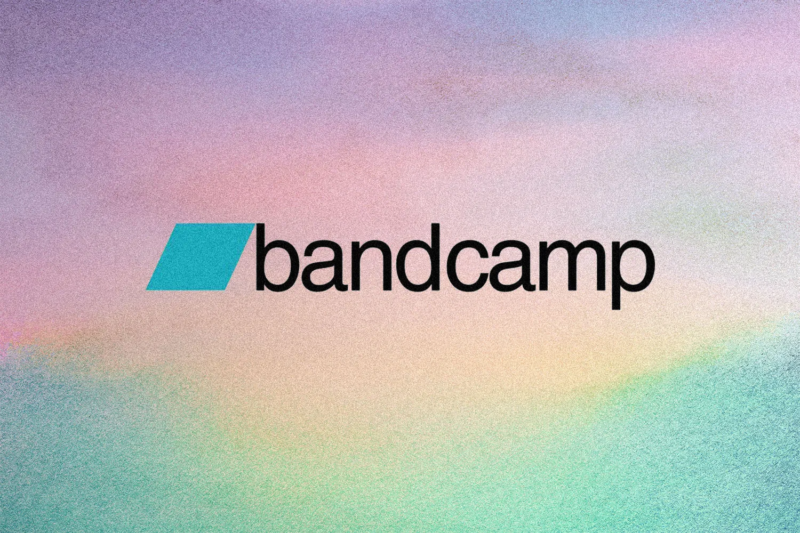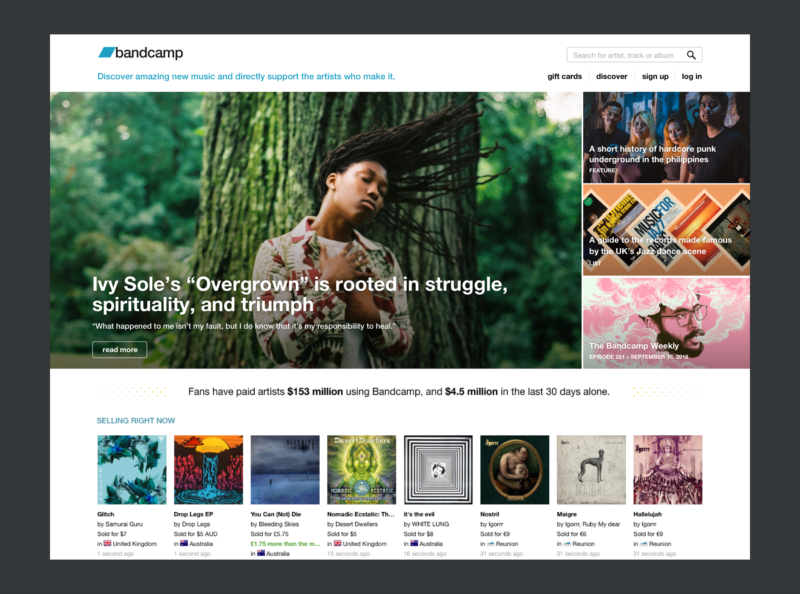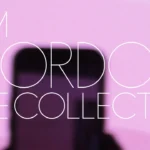On the 17th of October, Pitchfork’s contributing editor Philip Sherburne came out with an article entitled Is Bandcamp as We Know it Over?, providing a detailed account of the company’s recent layoffs in league with Songtradr’s acquisition of the distribution platform, momentarily after its acquisition by Epic Games during the month of March 2022.
Does Medicare Cover Ozempic for Weight Loss?
Medicare is a vital program that provides healthcare coverage for millions of Americans, but there can be confusion regarding what it covers, especially when it comes to medications like Ozempic for weight loss. In this comprehensive article, we will delve into the topic of whether Medicare covers Ozempic for weight loss. We’ll explore the eligibility criteria, benefits, and alternative options to help you make informed decisions about your healthcare.
Get lifetime Access to My Private Prompts Library: Click here
Understanding Medicare Coverage
Medicare is a federal health insurance program primarily designed for individuals aged 65 and older. It also extends to younger people with certain disabilities. When it comes to prescription medications, Medicare Part D covers a wide range of drugs, but the coverage can vary based on the specific plan. Let’s take a closer look.
What is Ozempic?
Ozempic is a prescription medication used to improve blood sugar control in adults with type 2 diabetes. It’s not approved for weight loss, but some individuals have experienced weight loss as a side effect while using it.
Does Medicare Cover Ozempic?
Medicare Part D typically covers prescription drugs, including medications like Ozempic. However, it’s important to note that the specific coverage can vary from one plan to another. You will need to check your plan’s formulary, which is a list of covered drugs, to see if Ozempic is included.
Eligibility for Medicare Coverage
To be eligible for Medicare, you must meet certain criteria, including being 65 or older, having a disability, or having end-stage renal disease. Your eligibility for prescription drug coverage (Medicare Part D) will depend on your enrollment in Medicare Part A or Part B.
Alternative Options for Weight Loss
While Ozempic might not be directly approved for weight loss, there are alternative options to consider under Medicare.
Lifestyle Changes
One effective way to achieve weight loss and better health is by making lifestyle changes. This can include a balanced diet, regular physical activity, and managing stress.
Consult with Your Healthcare Provider
Discuss your weight loss goals with your healthcare provider. They can recommend medications or interventions that may be suitable for you, and which are covered by Medicare.
Bariatric Surgery
In some cases, bariatric surgery may be an option for individuals struggling with obesity. Depending on your specific situation, Medicare may cover this surgery.
The acquisition was processed in September, yet before this article had been published, not many had known of this new development. Like many others who share a communal love for the streaming service, this piece of news was shocking, which raised much concern among the music community. What does this mean for the music industry?
It’s only now that we are realizing how much Bandcamp has significantly impacted the ways in which we circulate and consume music, with its prominent influence of allowing bands and musicians to independently engage with the industry. With an industry like the manufacturing of music, where toxic environments are ever rampant, one can only be grateful for a platform like Bandcamp, which enables artists to sell their music, whichever way they please.

Image via Bandcamp
There is no element of control within Bandcamp’s system, which nestles as a statement against the aspects of the industry that attempts to exploit and manipulate its artists. Furthermore, Bandcamp is also advantageously beneficial to people who simply like and enjoy listening to music. I think we can all agree that most of us have established our palates for music around what gems and discoveries we have found through our deep dives in Bandcamp. Bandcamp is an endless pit if you dare to explore it. A rabbit hole with no finish.
That’s precisely what’s so great about it, because you could easily find the most popular tracks on there, while simultaneously coming across the occasional obscure, unknown piece of sound. A lot of the time, that new discovery makes us feel special, as we have stumbled upon what feels like treasure only we have laid eyes, or in this case, ears upon. With this, Bandcamp also promotes and cultivates a music community that is more vast and broad in terms of what subcultures and subgenres it chooses and decides to highlight.
Within Bandcamp’s structure, more room is left for what is underground and alternative, which boosts and strengthens a music community that is ever growing and evolving. Whereas, for the case of artists, what Bandcamp signifies is a beacon for exposure. For many artists, Bandcamp was what had given them their head start into the industry.
Bandcamp was initially founded in 2007 by Ethan Diamond alongside Shawn Grunberger, Joe Halt, and Neal Tucker within their headquarters in Oakland, California. Their initial idea was to offer downloads, physical copies, and merchandise within artist pages. There, only about 15% – 10% of the profit made was taken by the company, while the rest would go directly to the artists. In addition to this, setting up a profile on Bandcamp is completely free, which makes the platform even all the more accessible and available to everyone and anyone.

Bandcamp Daily’s front page. Image via V.M.
Songtradr has laid off half of Bandcamp’s staff. Facing major cutbacks across departments, Bandcamp’s new authority has already thinly spread out the company’s editorial branch, which poses a threat to Bandcamp Daily and Bandcamp Fridays, two of the site’s sources for music recognition and appreciation. The new authorities at Songtradr claim that this is for the sake of sustainment. Supporters and users of the platform alike are worried about what empty spaces this might open for the music community, both culturally and economically.
As we come to this point, we wonder if this is the end of an era. The move potentially invokes the idea of being left with no choice but to relocate and reposition to bigger music platforms which are even more corporatized. But the largest loss of it all would be Bandcamp’s abundantly vibrant sense of community, which uplifts and encourages both music-makers and music-listeners to freely participate in the industry.
It’s the sole notion of unearthing something from the depths of Bandcamp. That feeling of excitement and amusement for having dug up mysterious sounds, yet to be added into the collection, while wanting to help the artists they like make more incredible music. Its these experiences we would all miss if it were to be taken all away.




